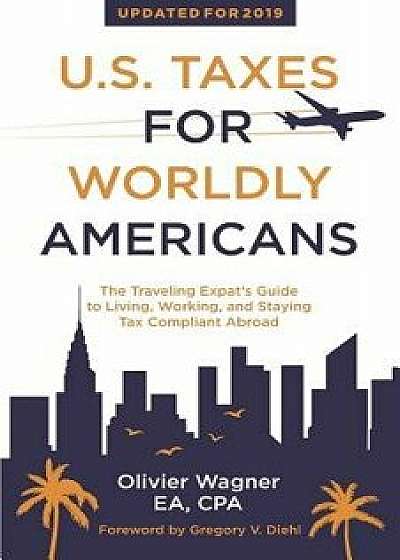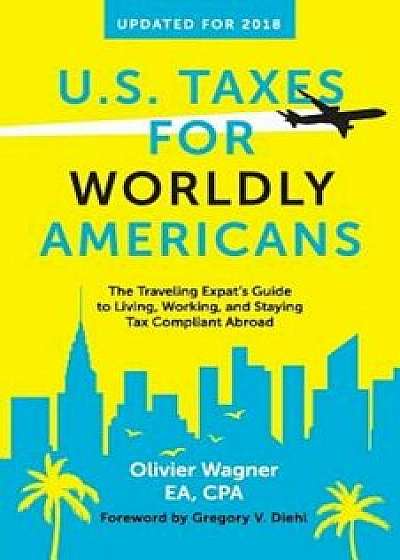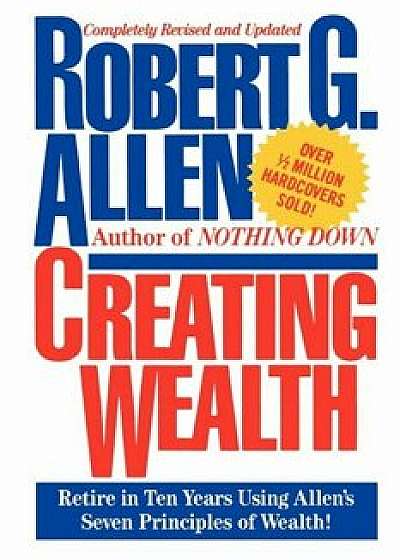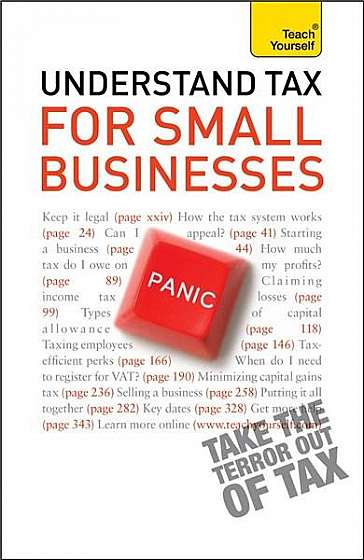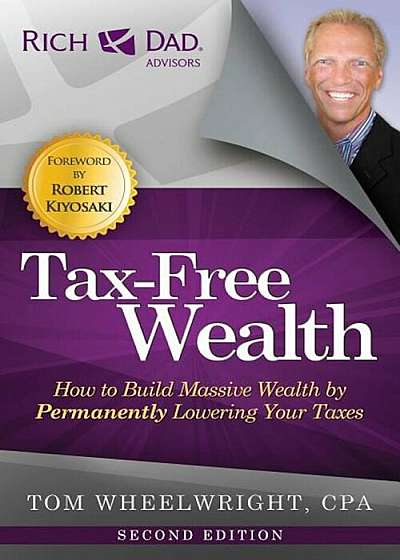
Tax-Free Wealth: How to Build Massive Wealth by Permanently Lowering Your Taxes, Paperback
Descriere
After 31 years... Major Tax Reform -- and what it means to you True overhaul of the tax law only happens about once every 30 years. In the past 75 years, the U. S. tax law has only seen three major revisions; one in 1954, the next in 1986 and most recently at the end of 2017. I have been fortunate as a tax professional to be heavily involved in the last two reforms. In 1986, I was a manager in the National Tax Department (NTD) of Ernst & Whinney (now Ernst Young). My primary responsibility during my three years there was to create, teach and administer tax courses to the Firm's U. S. tax professionals. Just as I arrived in the summer of 1985, I discovered that much of NTD's resources were being devoted to following the tax reform bill that had been introduced that year. This gave me, as a young tax professional, some amazing insight into the legislative process as well as the horse trading for tax reform. President Reagan wanted two things; simplicity (the 1985 act was call the Tax Simplification Act of 1985) and he wanted it to be revenue neutral (no net increase to the deficit). It took another year before bill was finally passed as the Tax Reform Act of 1986. (Simplicity took a back seat to other goals of the reform.) In 1986 the big winners from tax reform were individuals, with significantly lower tax rates, insurance companies (who got by relatively unscathed) and businesses. The big loser was real estate investors (the passive loss rules were used as a last-ditch effort to make a ""revenue-neutral"" bill. The result a few years later was the Savings and Loan debacle accompanied by a massive real estate depression and the government bailing out real estate through the RTC (Resolution Trust Corporation). Fast forward 31 years to 2017. President Trump had promised economic stimulus and had stumbled out of the blocks with the failure to repeal Obama Care. Everyone thought tax reform would take two years to complete like it had in 1985-1986. Instead, the Republican-con


